The FIIB Faculty Spotlight series aims to highlight the dedicated faculty members who contribute to the success of FIIB MBA program. These educators bring their academic expertise, extensive research backgrounds, and practical business experience to enrich the learning environment for students. This week, we had the pleasure of interviewing Prof. Snigdha, a passionate faculty member specializing in HR & OB at FIIB.
A Trainer, Researcher and Academician with over 15 years of experience, she has been consistently involved in training HR professionals, academicians and students to enhance their skills in leveraging technology in the field of HR. An Inclusion specialist, she is known for contributing in helping organizations foster inclusive cultures by understanding unconscious bias, and build a diverse and inclusive workplace. Her dedication to integrating real-world applications into her teaching makes her an invaluable asset to the FIIB community.
Q: How did you get started in your current field and where did you attend for your Masters before coming to FIIB?
A: My journey began with a passion for teaching, guiding, and mentoring students, driven by the “Never Stop Learning” philosophy. As an enthusiastic HR Analyst, I was keen to help organizations and individuals leverage HR Metrics for data-driven decision-making. Pursuing a people analytics course at IIM Rohtak equipped me with frameworks, models, and practical exercises that enhance participant learning and strategic HR insights.
I successfully cleared the UGC Net exam in one attempt, securing a Junior Research Fellowship (JRF), which further fueled my career aspirations. In addition, through my research journey, I have embraced a role focused on creating positive change and fostering inclusive cultures by addressing unconscious biases prevalent in workplaces. This journey has continuously challenged me to innovate and redefine my impact.
Q: Why didn’t you go for a full-time PhD from a public university?
A: I always wanted to pursue a PhD alongside my job, which led me to explore part-time options. Before joining the EFPM program at FIIB, I was associated with a renowned Central University for my PhD. However, the EFPM program at FIIB offered rigorous research opportunities and extensive learning, which justified my decision to join. My research area focuses on persons with disabilities in organizations, aligning with FIIB’s mission and contributing significantly to companies and government policies.
Q: What modules do you teach, and how do you ensure they are relevant to real-world applications?
A: I teach People Analytics, Digital HR Transformation, and Organizational Behavior. These courses are crucial in today’s data-driven job market. I emphasize data sensibility and the application of business analytics in HR to prepare students for their future careers. The excitement among students about these courses is palpable, as they break the stereotype that HR is purely theoretical.
Q: What is your take on the impact of AI and emerging technologies on the teaching profession?
A: While AI and online resources have undoubtedly revolutionized the accessibility and dissemination of information, they cannot replace the unique and irreplaceable role of teachers in fostering student engagement and achieving meaningful learning outcomes. Teachers bring empathy, mentorship, and the ability to inspire and motivate students, which are aspects that technology cannot replicate.
The fundamental interaction between faculty and students, characterized by real-time feedback, emotional support, and the nurturing of critical thinking skills, remains essential. While AI can enhance the educational experience, the core value of human educators in shaping and guiding students’ intellectual and personal growth is irreplaceable.
Q. In today’s business landscape, why is responsible management such a crucial area of focus for MBA students, and as the Center Chair for FIIB’s Center for Responsible Management, how do you equip students to become ethical and socially conscious business leaders?
A: In today’s rapidly evolving business landscape, responsible management is more crucial than ever. MBA students must understand that their decisions can significantly impact society, the environment, and the economy. Being equipped with the knowledge and skills to navigate ethical dilemmas, promote sustainability, and foster inclusive growth is essential for shaping future business leaders who are not only successful but also socially conscious.
At FIIB’s Center for Responsible Management, we aim to contribute to and facilitate organizations in strengthening their practices toward ethical and sustainable development. Our goal is to support organizations in advancing responsible management while becoming socially relevant. We provide an up-to-date compendium of responsible management learning, supporting research and practices in this area.
Our initiatives include the SDG Dashboard in collaboration with the Haub School of Business, which tracks progress on Sustainable Development Goals to ensure alignment with global standards. Annual events like the Responsibility Summit, Purple Bharat Utsav, and Diwali Mela in partnership with the Inclusive Divyangjan Entrepreneur Association (IDEA) serve as platforms for discussing the latest trends and challenges in responsible management.
Furthermore, our student-led initiatives, such as Unnat Bharat Abhiyan (UBA), engage students in rural development projects to foster a sense of social responsibility. Another initiative, FIIB GirlUp, empowers young women to take on leadership roles and advocate for gender equality. In addition, our Social Responsibility Committee encourages students to participate in community service and socially responsible projects. Through these diverse initiatives, we ensure our students are well-equipped to become ethical and socially conscious business leaders.
Q: How do you manage work-life balance as a faculty member and a mother?
A: Managing work-life balance as a faculty member and a mother is undoubtedly challenging, but FIIB’s supportive environment and policies make it more manageable. The institution understands the importance of flexibility and provides various measures to help faculty members balance their professional and personal responsibilities.
For instance, FIIB offers unplugged weekends and mandatory breaks during winters and summers, allowing faculty to recharge and spend quality time with their families. The supportive culture at FIIB, combined with effective time management and a clear understanding of priorities, enables me to fulfill my roles as an educator and a mother successfully. This balance is crucial for maintaining overall well-being and ensuring that I can give my best in both areas of my life.
Q: What piece of advice would you give to your younger self and to the younger generation today?
A: If I could advise my younger self, it would be to join FIIB earlier. The enriching experiences and opportunities here have been invaluable, and starting sooner would have allowed me to benefit even more. For the younger generation, my advice is to maintain focus and work diligently towards your goals. I often see a lack of focus among young people today, which can be a significant barrier to success. If you stay focused and consistently work hard, you will achieve your goals. Despite the challenges and disheartening moments, perseverance and dedication will lead you to success.
Q: Why would you recommend doing an MBA at FIIB?
A: FIIB is committed to holistic student development, ensuring that students are not only academically proficient but also well-rounded individuals ready to tackle the challenges of the modern business world. The institution offers engaging mentoring programs that provide personalized guidance and support, helping students navigate their academic and professional journeys.
Additionally, FIIB places a strong emphasis on personality development sessions, which are designed to enhance students’ soft skills, leadership abilities, and overall confidence. The innovative pedagogical approaches adopted by FIIB ensure that learning is interactive, practical, and aligned with real-world business scenarios. Furthermore, the institution’s focus on emerging trends and industry readiness means that students are always at the forefront of the latest developments in the business world.
RAPID FIRE ROUND –
So! Get ready for a lightning round of questions and get a glimpse into your FIIB favorites in a flash.
Q: What is your current dream or target?
A: My primary goal is to complete my PhD on time without any extensions. I eagerly await the day I will hold my degree.
Q: What is your ideal way to spend a weekend?
A: My ideal way to spend a weekend is to spend a lot of time with my daughter, go to a family dinner, and watch a movie if there’s a new release. If given a chance, I love visiting my parents.
Q: If not teaching, what profession would you choose?
A: If not teaching, I would pursue social service, particularly running a pet care home for dogs, as I have a deep love for them.
Q: What is the funniest excuse a student has given for missing a class?
A: The most common excuse is claiming to be unwell, only to be seen partying on the same day. Technology sometimes reveals these little secrets!
Q: Your favorite spot on the FIIB campus?
A: My cabin is my favorite spot on campus.
Q: Favorite FIIB tradition?
A: The poojas we perform on every Saraswati Pooja and other occasions are my favorite traditions.
Q: If you were a student at FIIB, which faculty members’ classes would you like to attend and why?
A: I would love to attend Kokil Ma’am’s classes because I really enjoy her teaching style, especially in the EFPM classes. I would also like to attend Purnima Ma’am’s finance classes. Even though I don’t have a background in finance, I believe her delivery method would help me grasp the subject effectively.
Q: If you could have dinner with anyone, who would it be?
A: I would love to have dinner with Narendra Modi to discuss various topics and gain insights from his experiences.
Stay tuned for more inspiring stories in our Faculty Spotlight series!

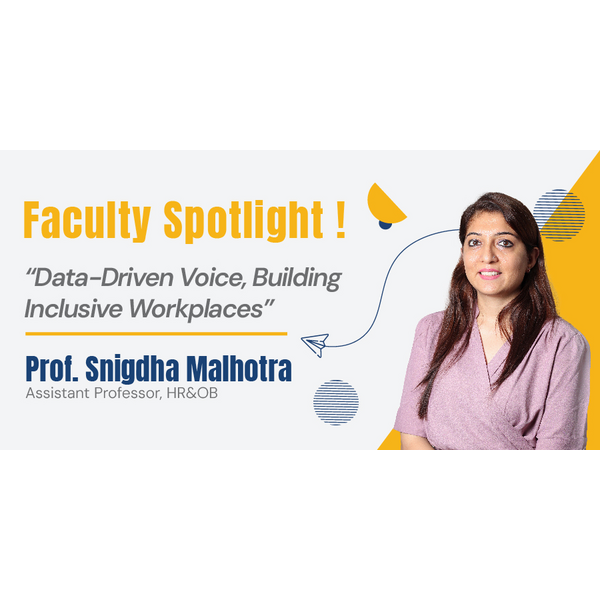
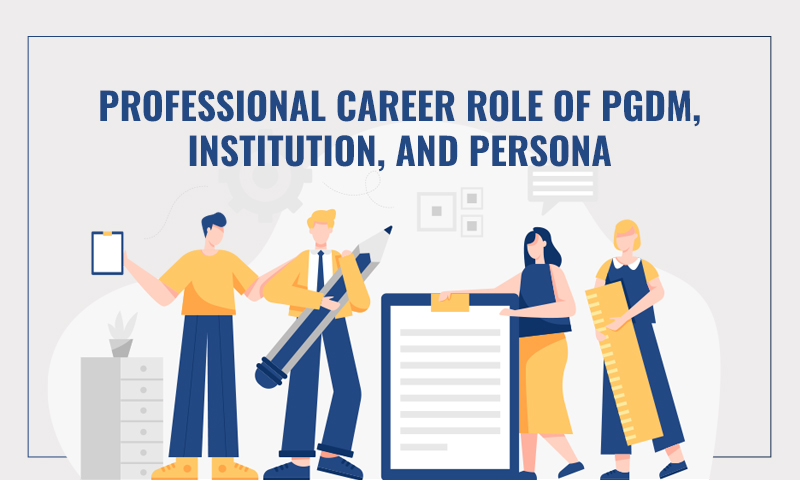

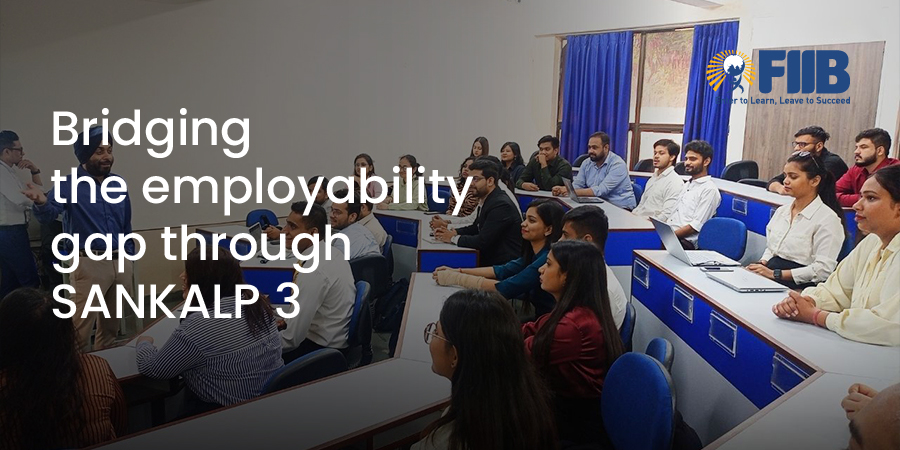

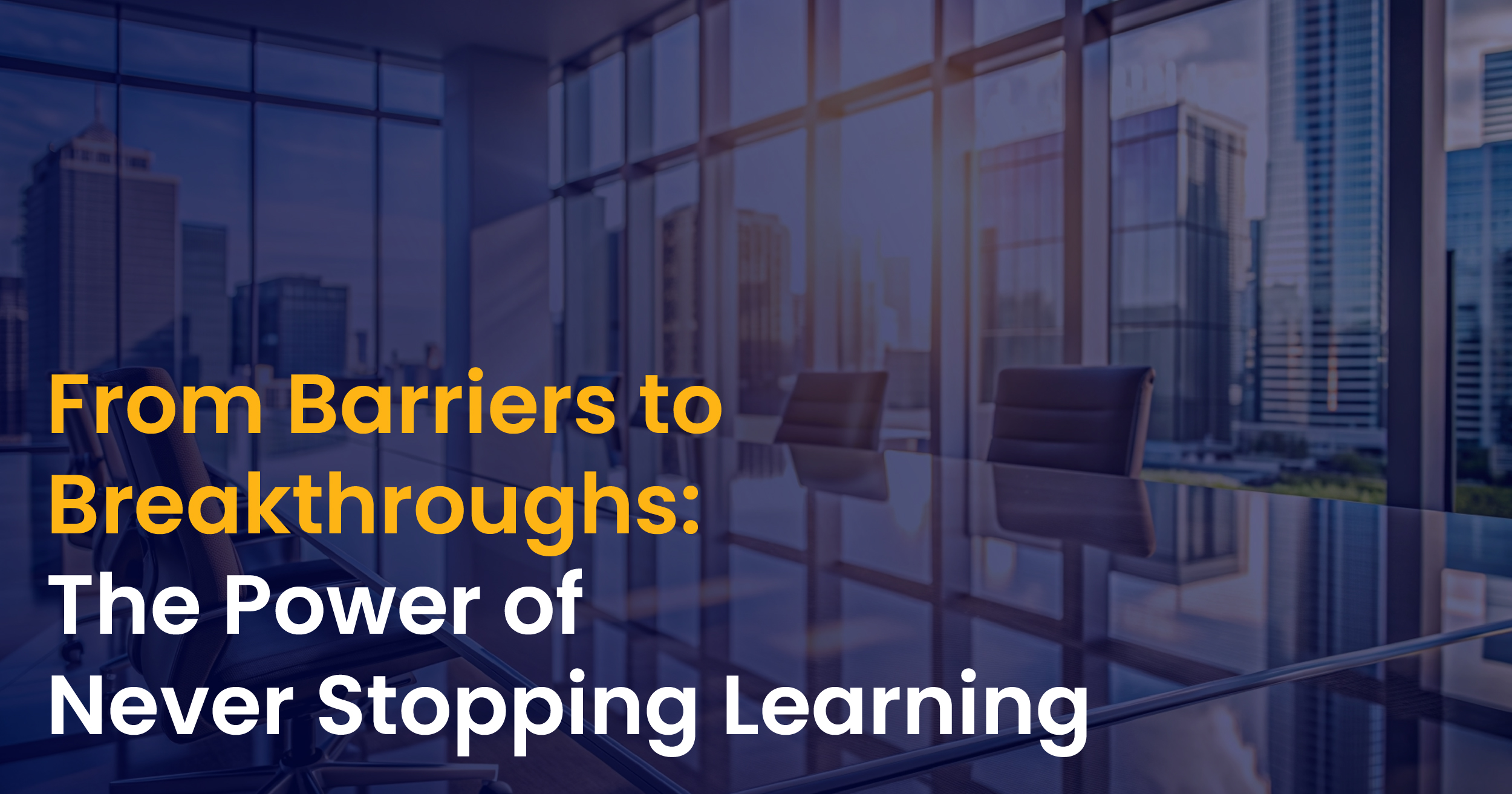
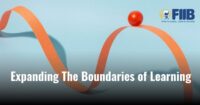
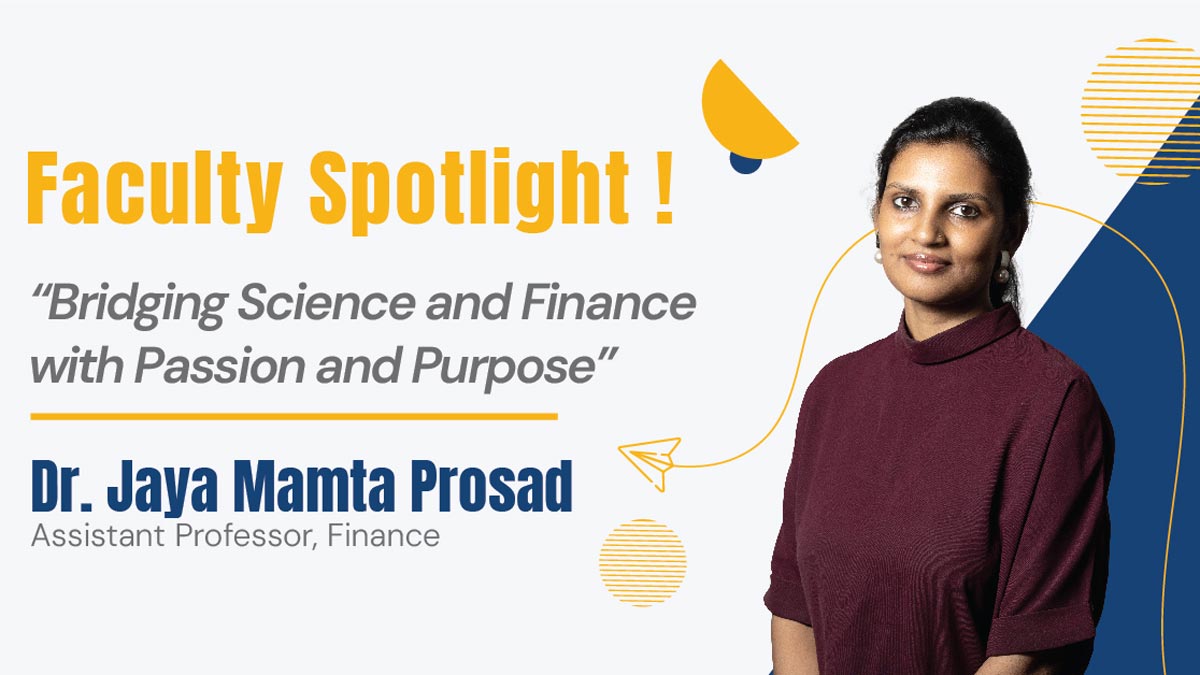





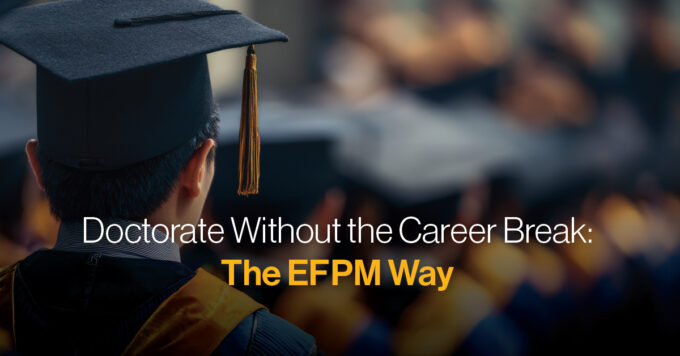
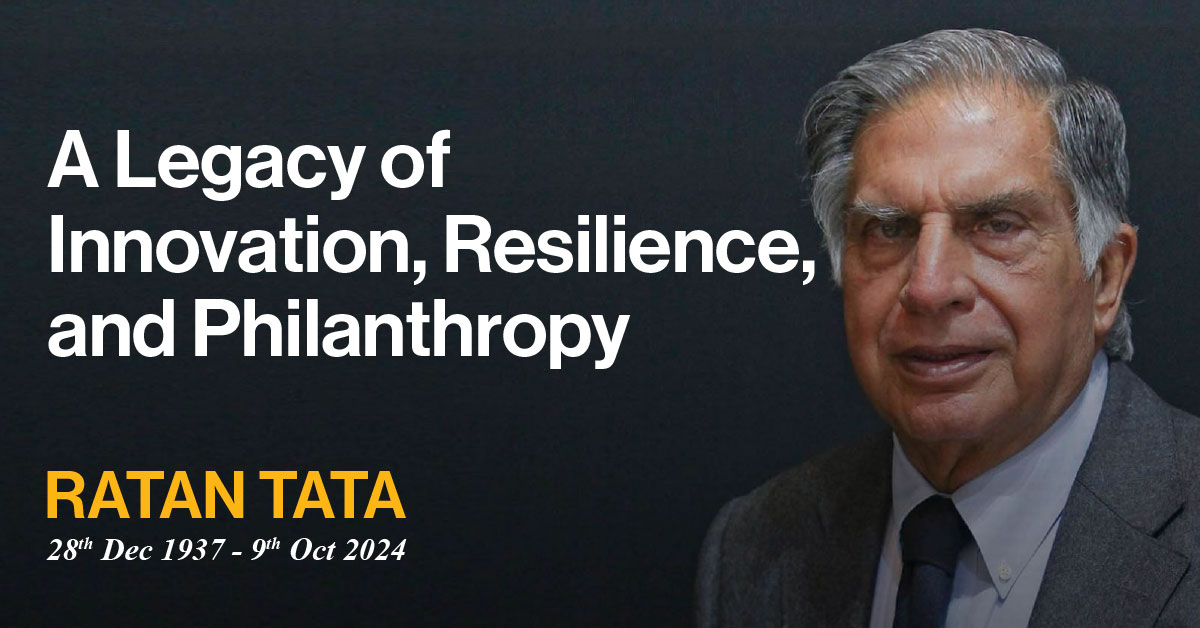

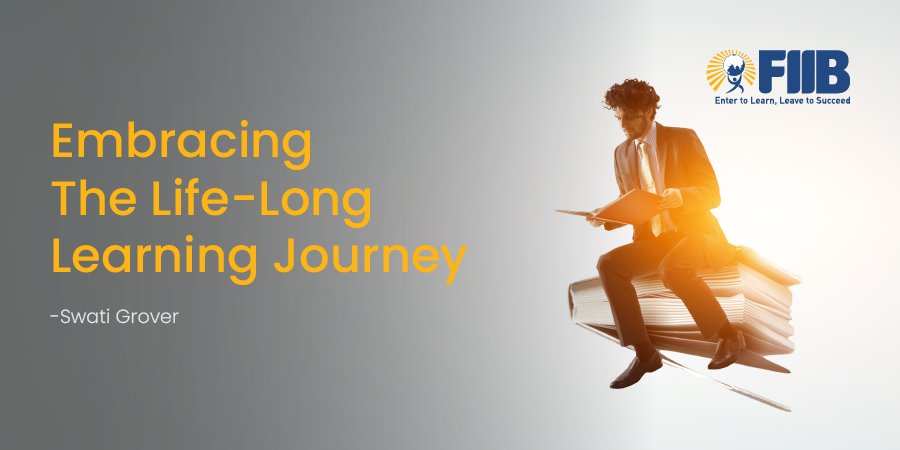
Leave a comment